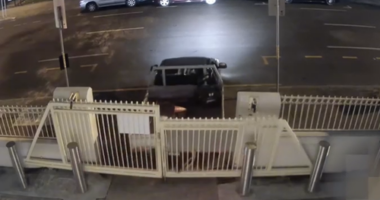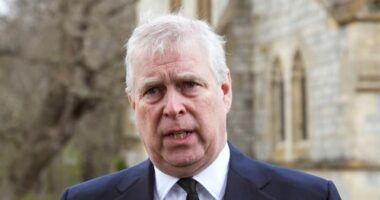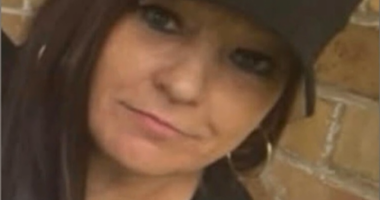Share this @internewscast.com
These guidelines have been welcomed by some experts.
According to APHRA, “In the majority of notifications received, practitioners efficiently respond to our intervention by adjusting their practices without necessitating further regulatory measures”.
A ‘stigma’ amongst GPs
“That’s what they seem to be doing without a great deal of care taken in assessing the appropriateness of prescriptions for patients.”
Virtual care, or Telehealth clinics, are a type of service that provides healthcare services remotely, typically through video or phone consultations
Lack of ‘education’, or lack of ‘evidence’?
Hall commented: “The issue is that these drugs are being prescribed for non-approved applications, meaning treatment for conditions not sanctioned by the regulatory body [TGA].”

Doctors need the medicines watchdog’s approval to prescribe medicinal cannabis products. Source: Getty / FG Trade
He said that, alongside education, “lack of evidence” about some medicinal use of cannabis is also one of the reasons GPs are reluctant to prescribe.











